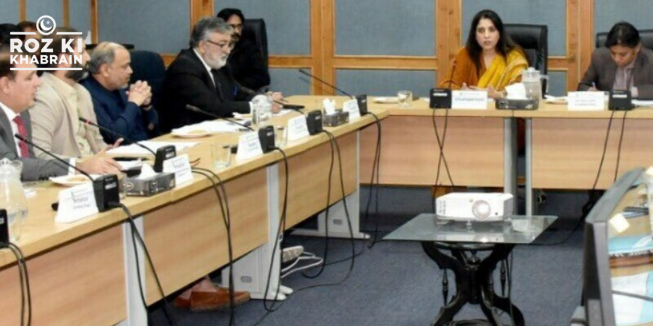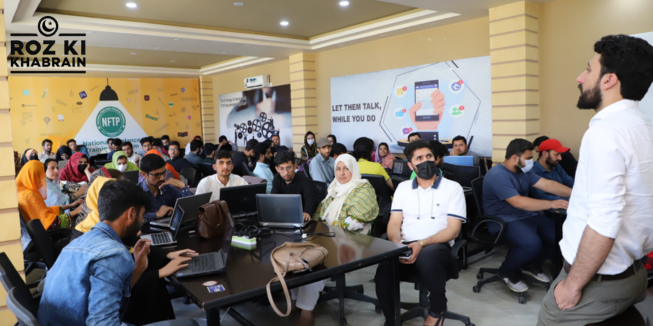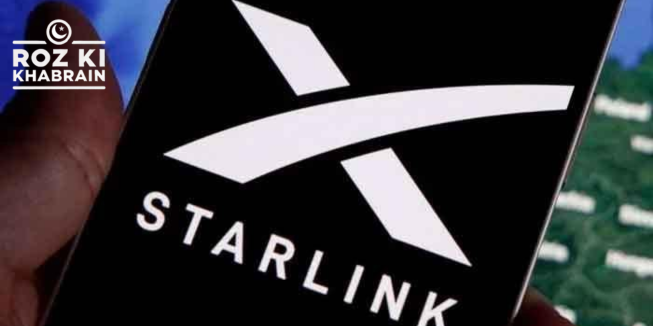ISLAMABAD: The chairman of the Pakistan Telecommunication Authority (PTA) has acknowledged that internet blocking remains a “legal grey area” and called on the ministries of law and interior to clarify its legality.
During a briefing to the Senate Standing Committee on Information Technology on Wednesday, retired Maj-Gen Hafeezur Rehman stated that internet shutdowns have been occurring since 2016 but have only recently faced legal scrutiny. He emphasized the need for the ministries of law and interior to provide a definitive legal stance on the issue.
Committee members raised concerns about the legality of internet shutdowns, particularly those implemented on the orders of the Ministry of Interior. Senator Kamran Murtaza questioned the PTA’s authority to block internet services, demanding clarity on the legal framework governing such actions. In response, the PTA chairman explained that while rules allow the Interior Ministry to direct content or service blocking, there is no explicit legal provision for shutting down internet services in specific areas.
Senator Palwasha Khan expressed concerns over slow internet speeds across Pakistan and the legal ambiguities surrounding internet and content blocking. She stressed the urgent need for improved digital infrastructure, particularly through the expansion of fibre optic networks, to address these issues. The PTA chairman admitted that without significant upgrades to the digital infrastructure, including “fiberisation,” internet speeds would remain slow.
VPN Regulation
When questioned about restrictions on Virtual Private Networks (VPNs), the PTA chairman clarified that he had not authorized their closure. He explained that the regulator began the process of registering VPN service providers on December 19, with two companies already applying for licenses. Under this new licensing regime, unregistered VPNs would be blocked, while licensed providers would offer proxy services monitored by authorities. This shift aims to address concerns about the anonymity provided by unregulated VPNs, as licensed local companies would be subject to Pakistan’s laws and regulatory provisions.
Content Moderation
The committee was also briefed on PTA’s efforts to regulate harmful or illegal social media content. Mr. Rehman revealed that the authority receives around 500 complaints daily related to such content. While the PTA continues discussions with social media platforms to enhance enforcement, significant gaps remain in curbing harmful material.
The committee called for clear legal guidelines on internet governance, content regulation, and the responsibilities of government agencies in managing digital services.




